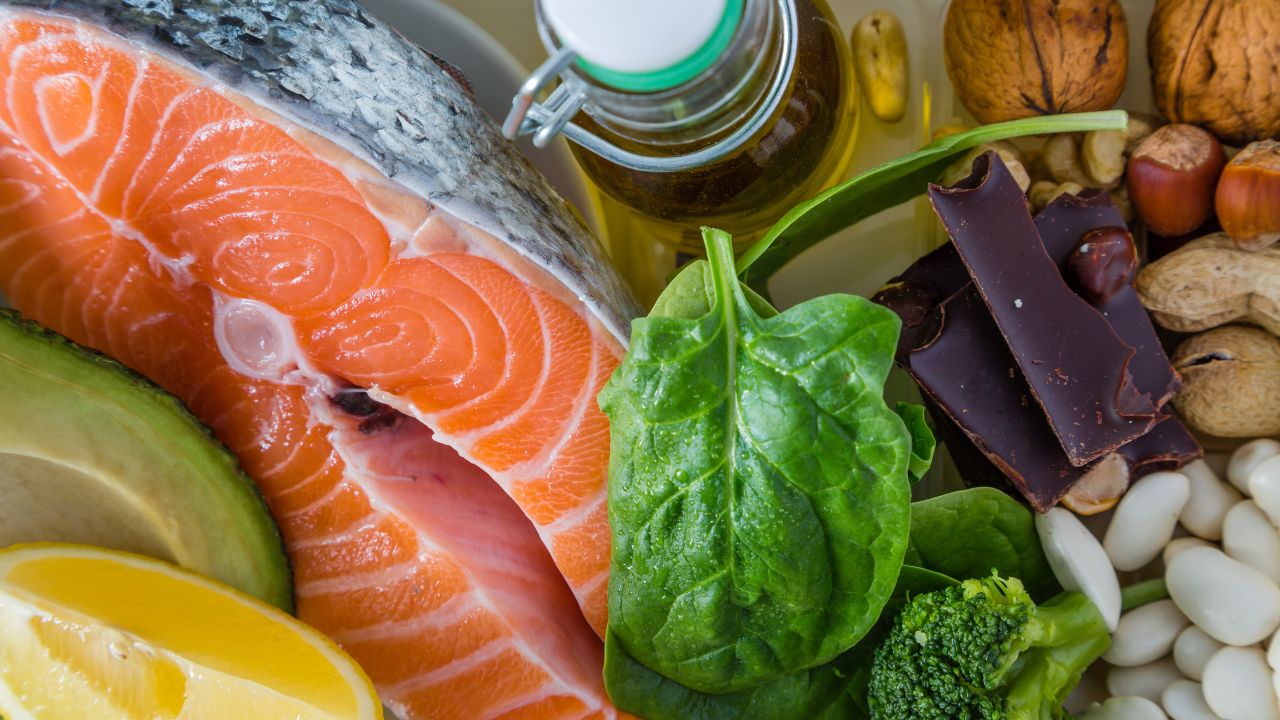
The Importance of Proper Nutrition for Muscle Recovery
Regular exercise is essential for maintaining a healthy lifestyle, but focusing on proper nutrition is equally important to support muscle recovery. When you exercise, your muscles undergo stress and micro-tears, which must be repaired to grow stronger. This is where a balanced diet, rich in essential nutrients, comes into play. This article will explore the best foods for muscle recovery, focusing on key nutrients such as protein, carbohydrates, antioxidants, electrolytes, omega-3 fatty acids, and vitamins.
Protein: The Building Block of Muscle Tissue
Protein is the most crucial nutrient for muscle recovery and growth. When you consume protein, your body breaks it down into amino acids, which are then used to repair and rebuild muscle tissue. Some of the best sources of protein for muscle recovery include:
1. Lean meats: Chicken, turkey, and beef are excellent sources of high-quality protein.
2. Fish: Salmon, tuna, and cod are rich in protein and omega-3 fatty acids, which help reduce inflammation.
3. Eggs: A single egg contains about 6 grams of protein, making them a great option for muscle recovery.
4. Dairy products: Greek yogurt, cottage cheese, and milk are all high in protein and contain essential amino acids.
5. Plant-based sources: Legumes, nuts, and seeds are good protein sources for vegetarians and vegans.
Carbohydrates: Fueling Your Muscles
Carbohydrates are the body's primary energy source, and they play a crucial role in muscle recovery. When you consume carbohydrates, your body breaks them down into glucose, which is then stored in your muscles as glycogen. During exercise, your muscles use this glycogen for energy. Consuming carbohydrates after a workout helps replenish these glycogen stores, promoting faster muscle recovery. Some of the best sources of carbohydrates for muscle recovery include:
1. Whole grains: Brown rice, quinoa, and oats are complex carbohydrates that provide sustained energy.
2. Fruits: Bananas, berries, and apples are rich in simple carbohydrates, which are quickly absorbed by the body.
3. Starchy vegetables: Sweet potatoes, squash, and beets are nutrient-dense sources of carbohydrates.
Antioxidants: Combating Exercise-Induced Stress
Exercise can lead to oxidative stress in the body, which can cause muscle damage and slow down recovery. Antioxidants help combat this stress by neutralizing free radicals and reducing inflammation. Some of the best sources of antioxidants for muscle recovery include:
1. Berries: Blueberries, raspberries, and strawberries contain antioxidants like vitamin C and anthocyanins.
2. Leafy greens: Spinach, kale, and Swiss chard are rich in antioxidants like vitamin C, vitamin E, and beta-carotene.
3. Nuts and seeds: Almonds, walnuts, and flax seeds are high in vitamin E, a powerful antioxidant.
Electrolytes: Maintaining Fluid Balance
During exercise, your body loses electrolytes through sweat, leading to dehydration and impaired muscle function. Consuming foods rich in electrolytes helps maintain fluid balance and supports muscle recovery. Some of the best sources of electrolytes for muscle recovery include:
1. Coconut water: A natural source of electrolytes like potassium, magnesium, and sodium.
2. Bananas: Rich in potassium, which helps prevent muscle cramps and supports proper muscle function.
3. Spinach: It contains magnesium essential for muscle relaxation and energy production.
Omega-3 Fatty Acids: Reducing Inflammation
Omega-3 fatty acids are essential fats that help reduce inflammation in the body, speeding up muscle recovery. Some of the best sources of omega-3 fatty acids for muscle recovery include:
1. Fatty fish: Salmon, mackerel, and sardines are rich in EPA and DHA, two types of omega-3 fatty acids.
2. Chia seeds: A plant-based source of omega-3 fatty acids, particularly ALA.
3. Walnuts: Contain both omega-3 and omega-6 fatty acids, which work together to reduce inflammation.
Vitamins: Supporting Overall Health and Recovery
Vitamins play a crucial role in overall health and muscle recovery. Some of the most important vitamins for muscle recovery include:
1. Vitamin C: Helps reduce oxidative stress and supports collagen production, which is essential for muscle repair.
2. Vitamin D: Plays a role in muscle function and can help reduce the risk of injury.
3. B vitamins: Help convert food into energy and support the production of red blood cells, which carry oxygen to the muscles.
Putting It All Together: A Sample Muscle Recovery Meal Plan
Now that we've explored the best foods for muscle recovery let's put it all together in a sample meal plan:
- Breakfast: Scrambled eggs with spinach and whole-grain toast
- Snack: Greek yogurt with berries and chia seeds
- Lunch: Grilled chicken breast with sweet potato and broccoli
- Post-workout snack: Banana with almond butter
- Dinner: Baked salmon with quinoa and roasted vegetables
Incorporating these nutrient-dense foods into your diet can support optimal muscle recovery and improve your overall athletic performance. Remember, a balanced diet is just as important as a well-designed workout routine when achieving your fitness goals.
 Mobility trainingHome Fitness RecoverySports Injury PreventionPersonal Physical TherapyOrthopedic SolutionsPrivacy PolicyTerms And Conditions
Mobility trainingHome Fitness RecoverySports Injury PreventionPersonal Physical TherapyOrthopedic SolutionsPrivacy PolicyTerms And Conditions
